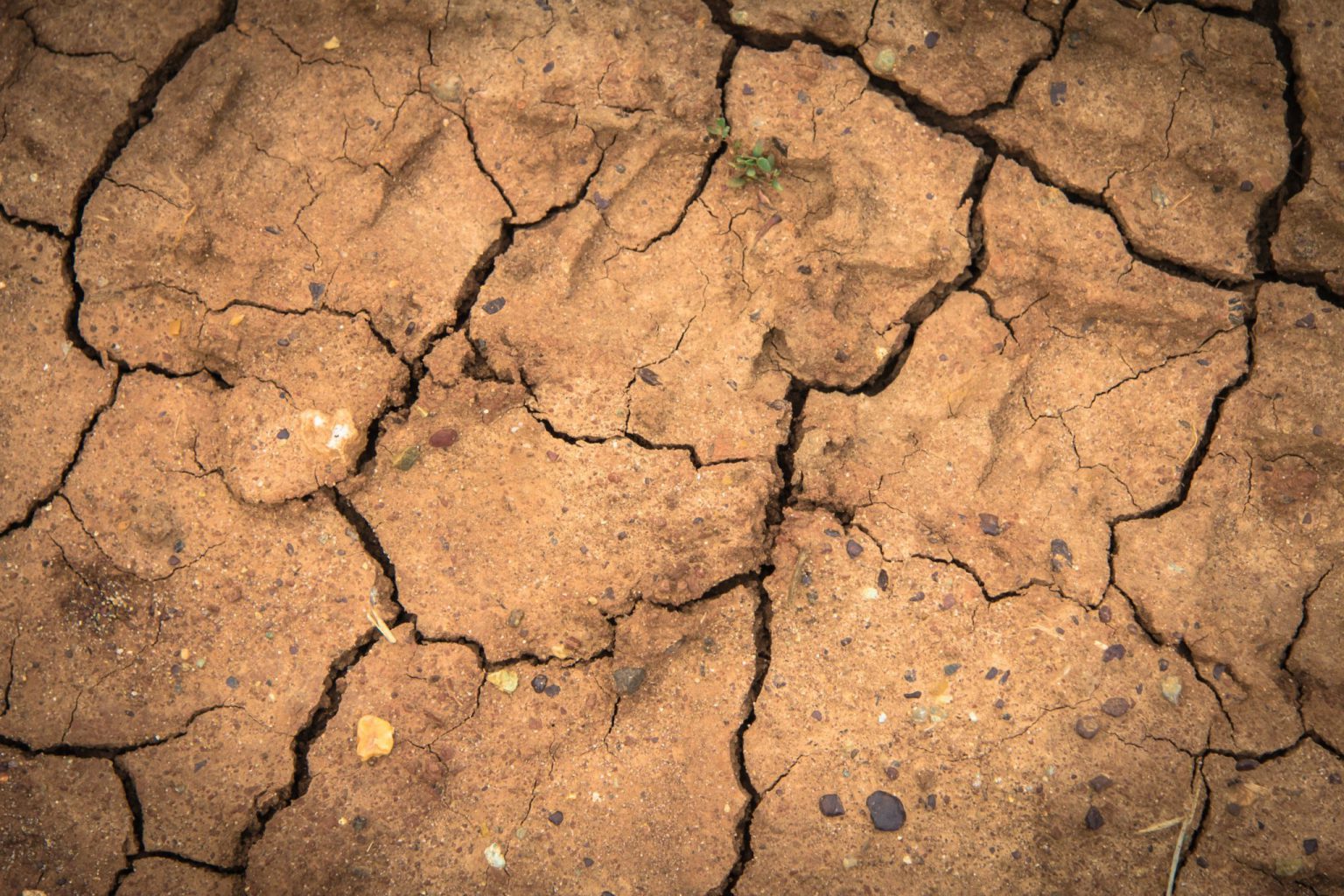Wineries are among Australia’s oldest businesses having survived and prospered through droughts, swarms of native pests and the great depression. However, anyone who has mastered the science of viticulture – growing grapes and making wine – will tell you it’s no easy feat. Grapevines are notoriously temperamental. Yet, unlike almost all other forms of agriculture, vineyards thrive in the most adverse conditions, yielding the best fruit on sloping, inhospitable land with poor soil. It seems counterintuitive, but the harsh conditions shock the grapevine into survival mode. Stress benefits the vine by making it more resilient to unexpected environmental changes. The plant displays antifragility. Over and over again.
In his book, Antifragile , Nassim Nicholas Taleb highlights the concept of antifragility, imploring society to recognise the many natural and man-made systems which benefit from shocks and gain from strain – leadership and organisations included.
ANTIFRAGILITY IN THE FACE OF COVID-19
The Coronavirus pandemic is the black swan event of our times. The magnitude and speed of impact of COVID-19 has been one of incredible shock. A shock that has left world and business leaders alike stumbling out of the relative stability of recent times, forced to face unprecedented challenges.
Despite advances in science and medicine, COVID-19 has revealed just how fragile modern society has become. No known system will be left untouched by the stress of this pandemic. From the, as yet unpredictable, final death toll to the enduring impact of the economic downturn, we are facing unfathomable loss of lives and livelihoods. In his work, Taleb had set the scene for understanding that the subsequent turmoil of black swan events is caused by fragility; and cultivating antifragility is the antidote.

THE OPTIMAL CONDITIONS FOR ANTIFRAGILITY
Antifragility is, at its core, about fostering an enduring resilience, clearly an aspiration for all leaders and their organisations. Inspired by Taleb’s findings, we’ve identified four key organisational characteristics required that help to create these conditions of antifragility:
Fragile parts that comprise the antifragile whole
Taleb describes how, under the surface, the antifragile are built of fragile components that when lost, destroyed or turned inside out create gains for the whole. This concept is difficult to grasp at first but absolutely critical: consider the businesses that have invested and experimented with different ways of working over the past years and their relative advantage in this crisis: are they more or less resilient as a result of stress-testing this component of their business? In a black-swan world, organisations must continuously make small sacrifices to proof themselves against an increasingly unknown future.
Love of misadventure
We can no longer simply tell organisations to embrace a culture of accepting mistakes and unexpected mishaps. Instead, we need to instigate errors and random events for what we can learn from them, to seek out the opportunities that emerge from the uncertainty. Think of it as adopting a mindset of “nothing to lose” – replace the paralysing fear of uncertainty with the thrill that comes from surprises and the possibility of failure.
Ignorance of optimisation
Industry, supply chains, manufacturing and organisational culture have long been in the thrall of optimisation. In a black-swan world you can forget striving to optimise. Forget striving for perfect prediction and risk management. Rather, prioritise opportunity management. Create systems and cultivate mindsets that absorb shocks as the stimulus for regeneration.
Resistance to the tragedy of modernity
Taleb identifies our modern tragedy as having built a society that is trying to help us but is harming us in the process: micromanaging, helicopter parenting and technology that is designed to assist us but actually serves as a crux. We make myriad decisions based on what will bring greater ease to our lives and reduce stress, never considering that every stress-free day makes us a bit more fragile in the face of future stressors. Get in the habit of choosing the difficult path that leads to greater reward, of removing the hesitation to go after what scares you; stop procrastinating that higher degree, take that overseas assignment, hire the ‘diamond in the rough’ candidate.

THE DEBILITATING EFFECTS OF ELIMINATING ADVERSITY
To be antifragile, we must recognise and reduce the conditions that make us fragile. Adversity is key to achieving this.
A black-swan event such as COVID-19 exposes the human need to practice responding to adversity. Leaders striving to create systems that ensure tranquillity in human society don’t necessarily account for ways to be agile and therefore leave their people susceptible and fragile. The result? A lack of tools and foundation for survival throughout and beyond the disruption.
FINDING BALANCE TO RIDE THE SHOCKS
Just as it’s detrimental to have too little exposure to volatility and stress, it can be ruinous to have too much. Leaders must work to achieve the balance of concepts like, “The Stockdale Paradox” –made popular by Jim Collins in his book Good to Great and named after James Stockdale, a former US vice-presidential candidate who had been a naval officer and prisoner of war in Vietnam. Hope for the future and stark objective view of reality are required to endure through adversity. This thinking illustrates the need for each person and system to balance optimism and realism, stress and recovery for resilience and long-term success in a changing environment.

RECALIBRATING FOR ANTIFRAGILITY – QUESTIONS FOR LEADERS TO ASK THEMSELVES:
The disruption caused by COVID-19 will test the antifragility of every leader, organisation and system. Examining the ability of people to walk toward instead of away from even the small stressors of our every day will help to develop antifragile characteristics for recovery and future prosperity. Consider the following:
- In COVID-19 conditions of strained resources, what opportunities can you identify for refocusing your efforts on what really matters? What are you learning from the losses you’ve endured?
- Where have you been enabling fragility? How can you discard non-functioning processes and organisational assumptions for a more agnostic, effective future?
- As a leader, you recognise that your people are experiencing shock and are likely to experience several aftershocks from this crisis. How are you helping them find growth in the chaos and consolidating that growth with recovery time?
This article was conceptualised and written by the team at Maximus including Vanessa Gavan, Brent Duffy, James Aris and Kate Conley. Compiled by Natalie Filatoff.
End note: Antifragile, by Nassim Nicholas Taleb, Published by Penguin Random House, RRP $18.
Good to Great, by Jim Collins, Published by Penguin Random House, RRP $49.99. Random House, 2014.
Related Insights

The Changing Landscape of Sales Leadership
On my recent holiday I read Dan Pink’s new book, To Sell is Human. The chapters argue the growing importance of sales skills in both traditional and non-traditional sales roles. Dan’s perspective runs against the viewpoints of many that believe the art of sales is in decline. In a world full of information that is so easily accessible through technology, many think digital and social marketing is replacing the role of the traditional “salesman”

Understanding the Importance of Emotional Intelligence
Growing research over the past 15 years suggests that another key ingredient distinguishes good leaders from great leaders – Emotional Intelligence or EI. Having a good understanding of others’ EI will help you to attract, retain and grow a robust leadership pipeline.

Success and Survival — It’s All in the Mind
There are many stories of individuals who have overcome unbelievable odds, and through inner-strength, have pulled themselves to safety. But why? What makes these people different? Does this ability to survive translate into the business world?